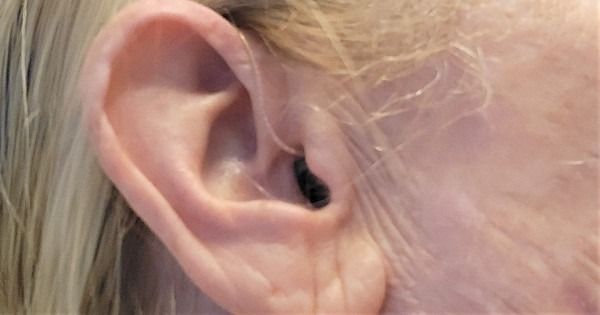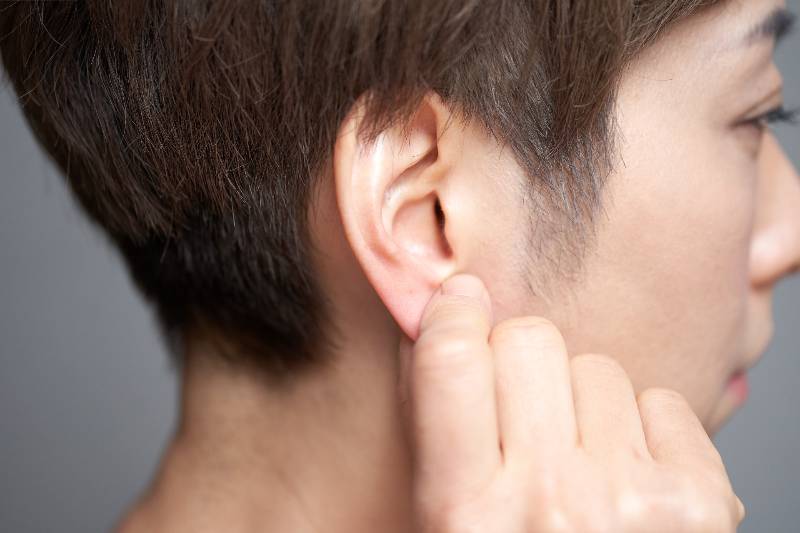Pulsatile tinnitus, characterized by hearing a rhythmic noise in sync with one’s heartbeat, affects individuals across various ethnic groups, each presenting unique prevalence rates and genetic factors. This blog post explores the ethnic variations in the prevalence of pulsatile tinnitus, provides answers to frequently asked questions, and offers practical management strategies.
Ethnic Variations – Prevalence Among Ethnic Groups
Pulsatile tinnitus shows varying prevalence among different ethnic groups, influenced by genetic and environmental factors. Studies suggest that certain ethnicities may have a higher predisposition to vascular conditions that can lead to pulsatile tinnitus, such as hypertension or atherosclerosis. These conditions are often influenced by both genetic factors and lifestyle choices, which can vary significantly across different ethnic backgrounds.
Moreover, genetic variations can affect the structure and function of blood vessels, potentially leading to conditions that manifest as pulsatile tinnitus. Understanding these ethnic and genetic factors is crucial for healthcare providers to offer more personalized treatment and management plans for individuals suffering from this condition.
Practical Tips and Tricks for Managing Pulsatile Tinnitus
Regular Cardiovascular Health Monitoring: Since pulsatile tinnitus is often linked to blood vessel health, it’s essential to regularly monitor and manage cardiovascular health. This includes keeping track of blood pressure, cholesterol levels, and getting regular check-ups. For those with conditions like hypertension or atherosclerosis, following prescribed medication regimens and attending follow-up appointments is crucial.
Sound Therapy and Masking Techniques: Utilizing sound therapy can be an effective way to manage pulsatile tinnitus. This might involve using white noise machines, specialized tinnitus masking devices, or even listening to calming music. The idea is to provide an external sound that can help distract the brain from the tinnitus noise, reducing its perceived intensity.
Stress Management and Relaxation Techniques: Stress can exacerbate tinnitus symptoms, making it important to incorporate stress-reduction strategies into daily life. Techniques such as mindfulness meditation, deep breathing exercises, yoga, or tai chi can be beneficial. Regular physical activity, which is known to reduce stress, can also help manage tinnitus symptoms.
Dietary Adjustments: Certain foods and substances can aggravate tinnitus. Caffeine, high sodium foods, and excessive alcohol can sometimes worsen tinnitus symptoms. A balanced diet, rich in fruits, vegetables, whole grains, and lean proteins, can contribute to overall health and potentially help in managing tinnitus.
Sleep Hygiene: Poor sleep can make tinnitus symptoms feel more severe. Practicing good sleep hygiene can help in managing these symptoms. This includes maintaining a regular sleep schedule, creating a restful environment (dark, quiet, and cool), and avoiding stimulants like caffeine close to bedtime. If tinnitus is particularly bothersome at night, using a sound machine or listening to soft music can help mask the tinnitus sounds and promote better sleep.
Implementing these practical tips can significantly aid in managing the symptoms of pulsatile tinnitus, improving overall quality of life for those affected by this condition.
Quiz on Pulsatile Tinnitus
Which factor contributes to the varying prevalence of pulsatile tinnitus among ethnic groups?
- A. Dietary habits
- B. Genetic predispositions
- C. Climate conditions
- Answer: B. Genetic predispositions
Can lifestyle changes impact the management of pulsatile tinnitus?
- A. Yes, significantly
- B. No, they have no effect
- C. Only in combination with medication
- Answer: A. Yes, significantly
Is pulsatile tinnitus equally prevalent across all ethnic groups?
- A. Yes, it affects all equally
- B. No, prevalence varies
- C. There’s no data available
- Answer: B. No, prevalence varies
FAQ
Q1: How does ethnicity affect the prevalence of pulsatile tinnitus? A1: Ethnicity can influence the prevalence of pulsatile tinnitus due to genetic predispositions to certain vascular conditions. These genetic factors, combined with environmental and lifestyle factors, contribute to the varying rates of pulsatile tinnitus in different ethnic groups.
Q2: Are there specific genetic factors linked to pulsatile tinnitus? A2: Yes, genetic factors that influence the health and structure of blood vessels can play a role in the development of pulsatile tinnitus. These factors may vary among ethnicities, affecting the prevalence and severity of the condition.
Q3: Should treatment for pulsatile tinnitus consider ethnic background? A3: Yes, considering an individual’s ethnic background can be important in treatment, as it may provide insights into underlying genetic predispositions and risk factors.
Q4: Can lifestyle modifications aid in managing pulsatile tinnitus across different ethnicities? A4: Absolutely. Lifestyle modifications, such as managing blood pressure, diet, and stress, are universally beneficial and can be particularly effective when tailored to address specific risks associated with different ethnic groups.





